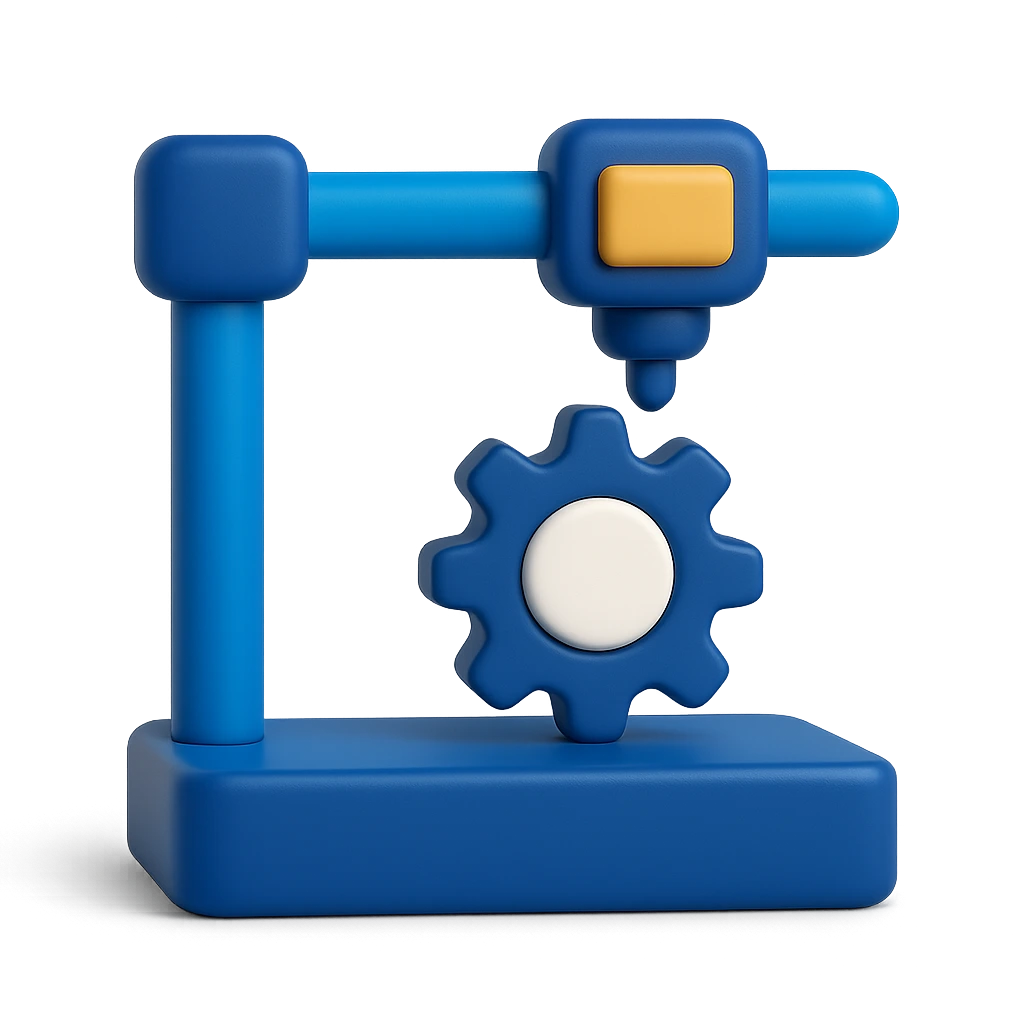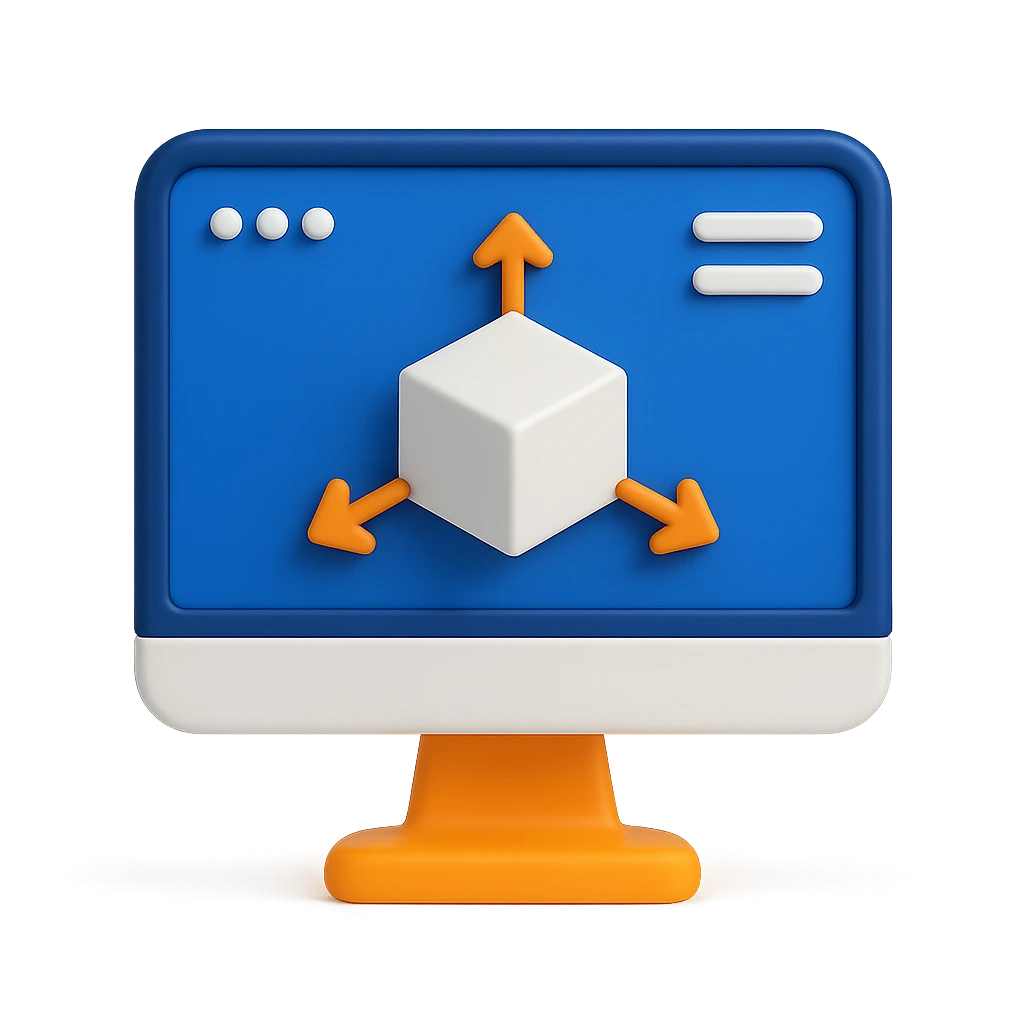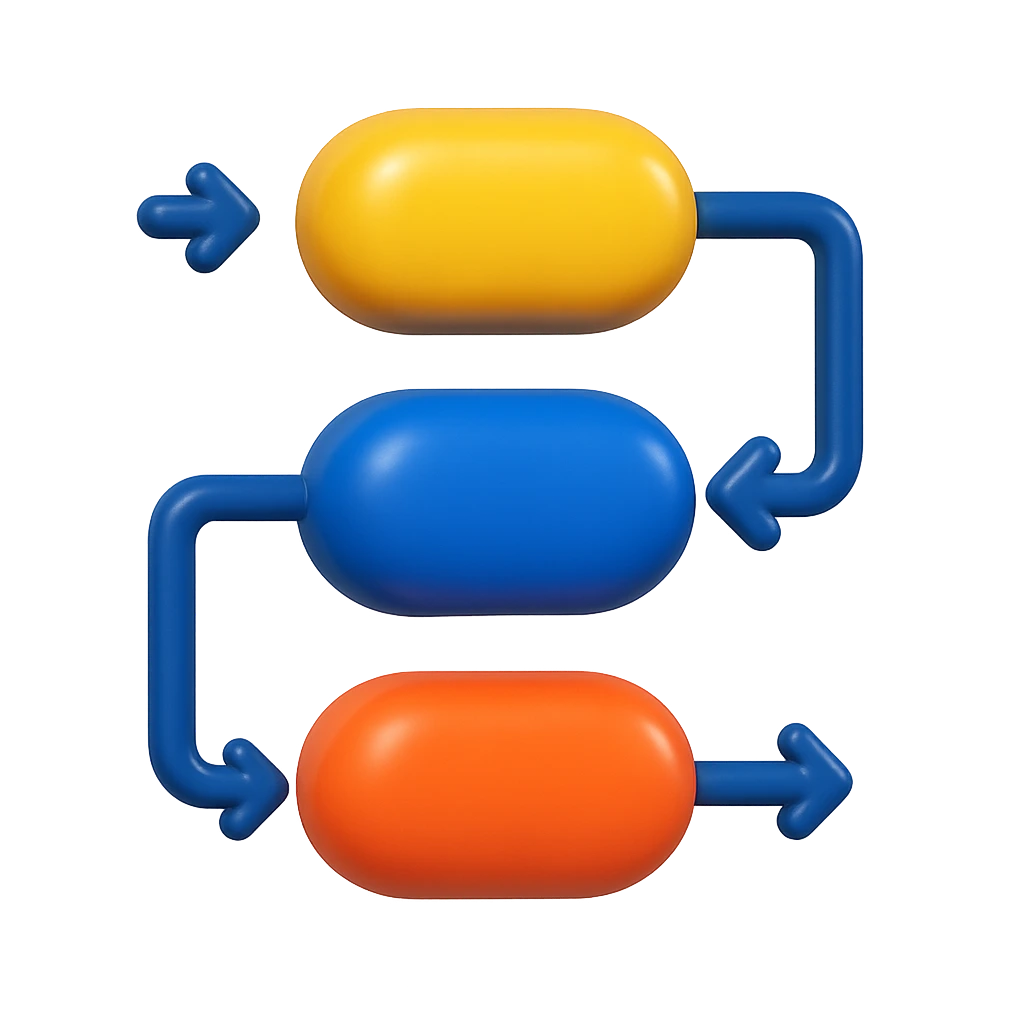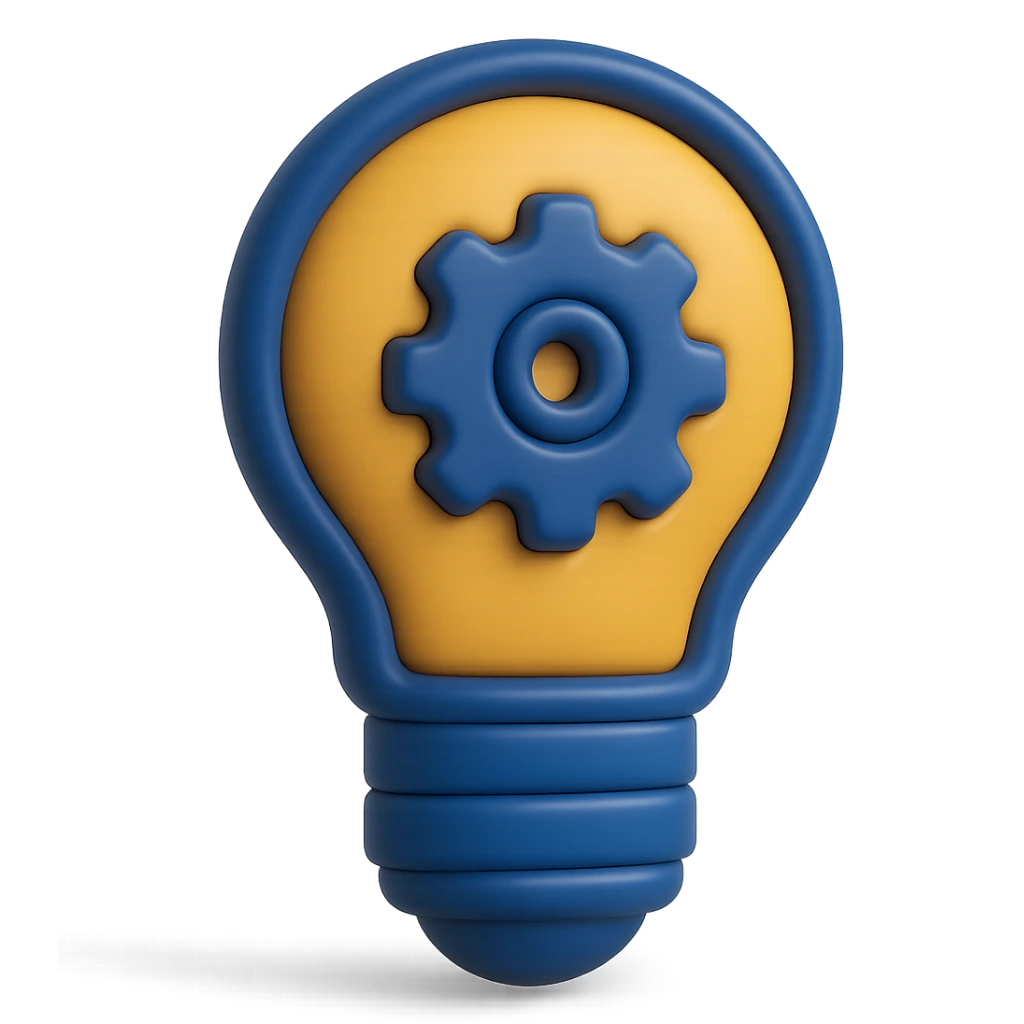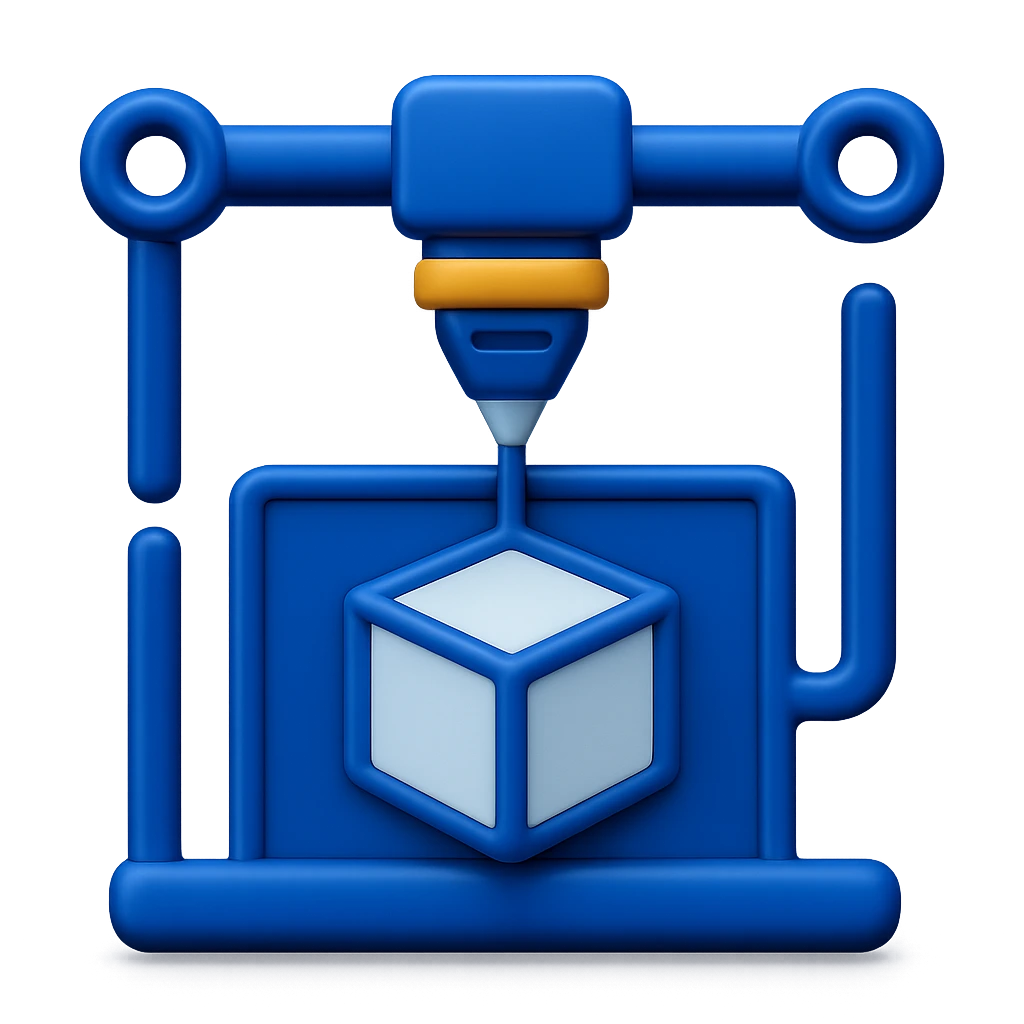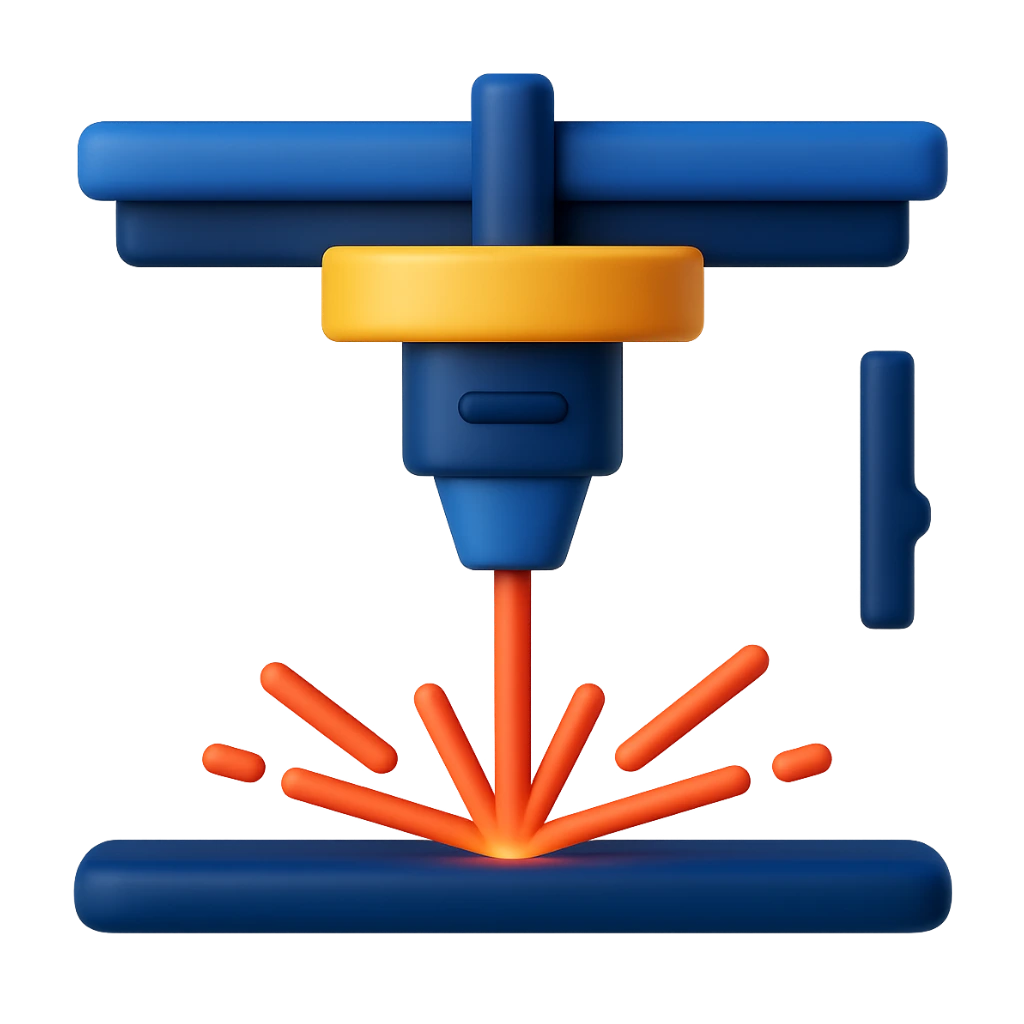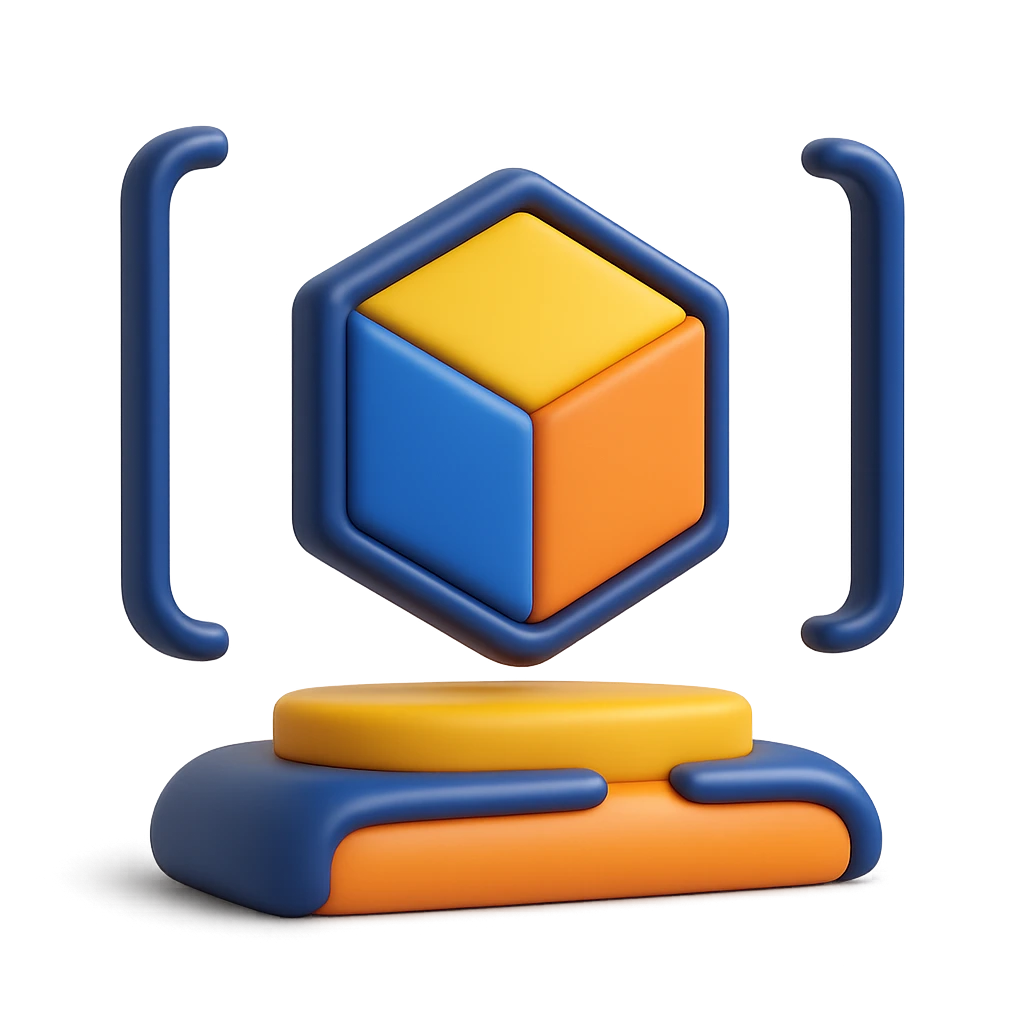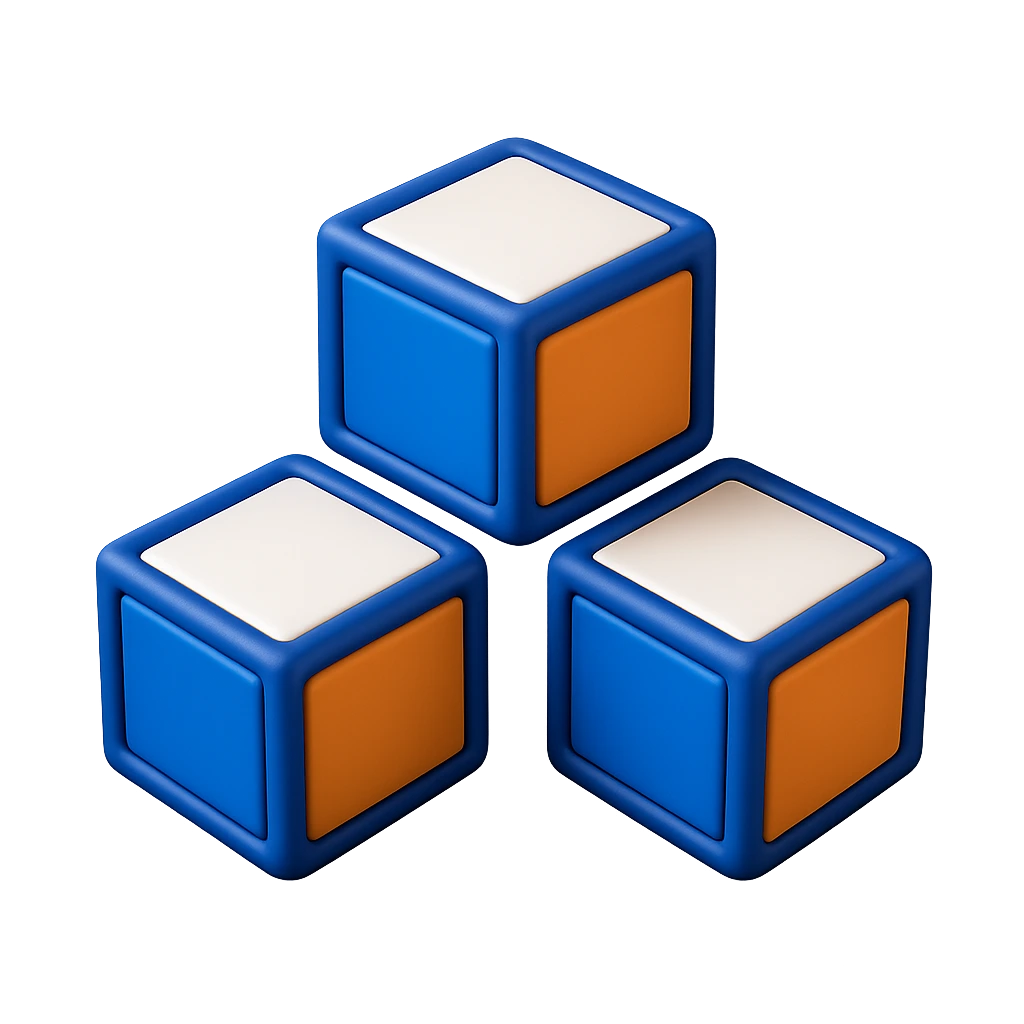3D Printing
The 3D printing process builds a three-dimensional object from a computer-aided design model, usually by successively adding material layer by layer through a nozzle, which is why it is also called additive manufacturing.
- Model Preparation
- Slicing of 3D Model
- Material Change
- Transfer and Start
- Support Removal
Our 3D printing capabilities
We have over 90 3D printing shops in our network and are well known for manufacturing high-quality parts at competitive prices, from rapid prototyping with Fused Deposition Modeling (FDM) to functional end parts made with Selective Laser Sintering (SLS) or Multi Jet Fusion (MJF).
FDM
Durable parts for functional prototyping and small-batch production
Quick and cost-effective prototyping
Lead times starting from just 3 business days
Explore our SLS printing services
SLA
Durable parts for functional prototyping and small-batch production
Provides dependable accuracy for complex geometries
Lead times starting from 5 business days
Explore our SLS printing services
Not sure about which services is the correct path for your application? Read more about finding the right 3D printing services.
How It Works
Digital Model Creation
The process begins with the creation of a 3D digital model using computer-aided design (CAD) software. This digital model defines the object’s shape and specifications.
Slicing
The digital model is divided into thin horizontal layers using slicing software. Each layer is a 2D cross-section of the 3D object. This step prepares the model for the printing process.
Printing
The 3D printer works by following the sliced model’s instructions, building the object layer by layer. It deposits or fuses materials in precise patterns that match the design, ensuring accuracy in the final product.
Layer Bonding
As each layer is deposited, it bonds or fuses with the previous layer. The bonding process can involve melting plastic filament (FDM), curing resin (SLA), or sintering powdered material (SLS).
Cooling or Solidification
Depending on the technology, some printers use cooling or UV light to solidify the material, while others use heat to fuse it. This step ensures that the object’s layers adhere together.
Object Retrieval
Once all the layers are printed and the object is complete, it can be removed from the 3D printer’s build platform.
Videos
Get a closer look at how we bring ideas to life through 3D modeling. Our videos showcase the full design journey—from early concept development and CAD creation to detailed renderings and production-ready models. Watch as complex assemblies come together, see how we optimize designs for manufacturing, and explore the precision behind every line and curve. Whether you’re new to 3D modeling or looking to understand how our process fits your project, these videos provide valuable insight into our workflow, capabilities, and commitment to quality.
Add Your Heading Text Here
Add Your Heading Text Here
Add Your Heading Text Here
Add Your Heading Text Here
Our Services
We offer a wide range of capabilities, supporting everything from custom prototypes to low-volume manufacturing services. We specialize in producing geometrically complex parts and high-quality, aesthetically demanding components.
Your parts are in expert hands.
Begin your production project today
